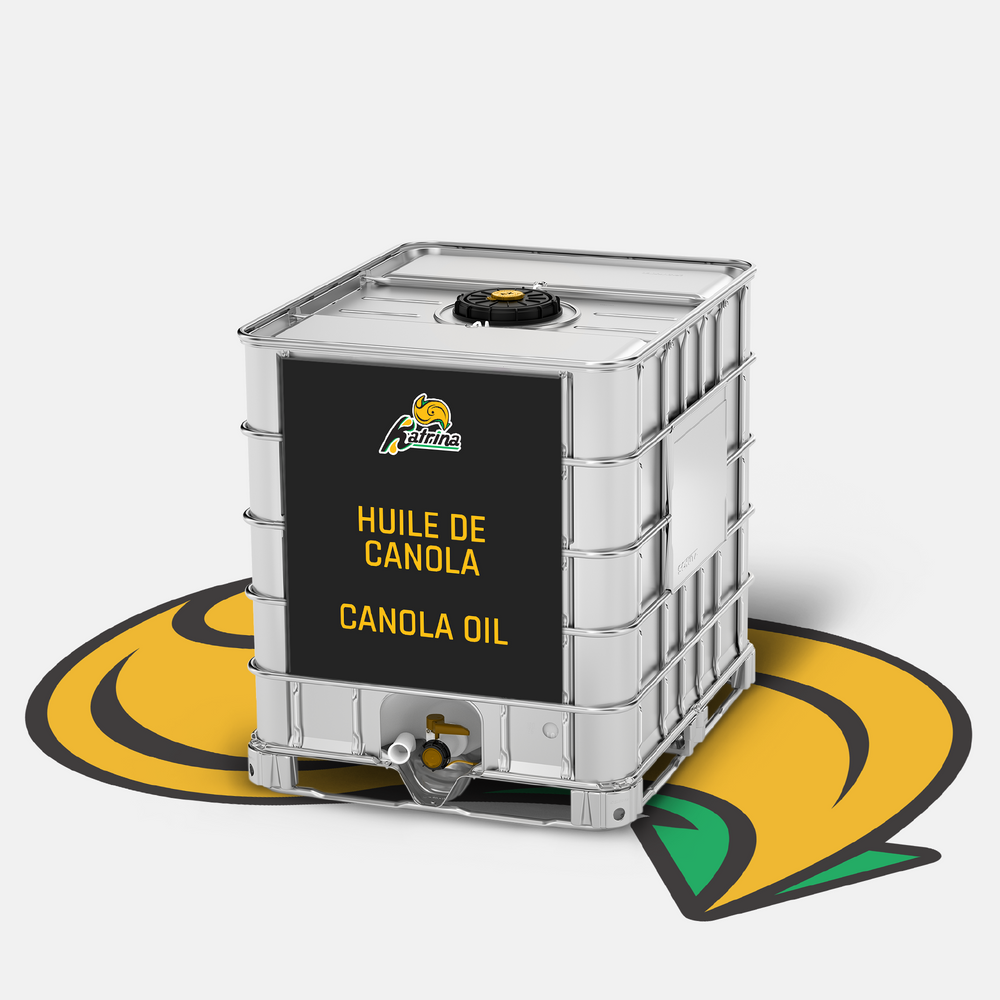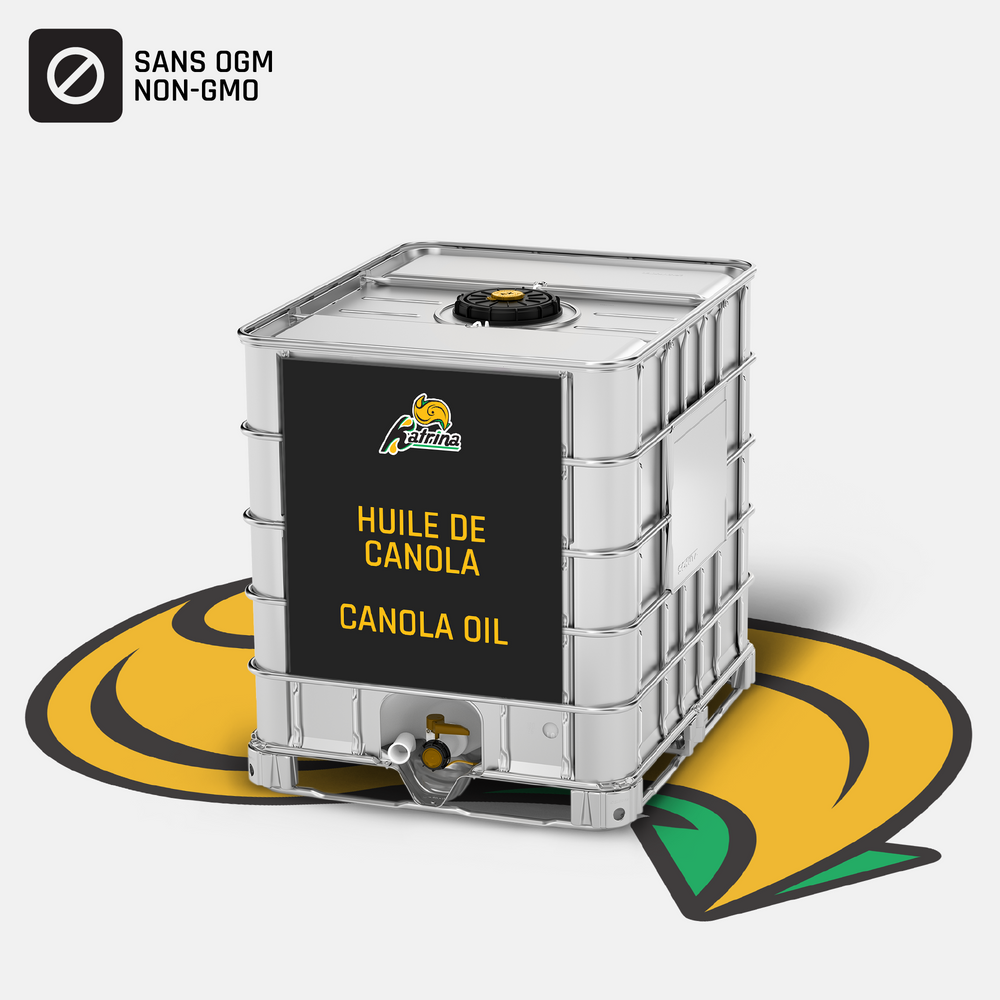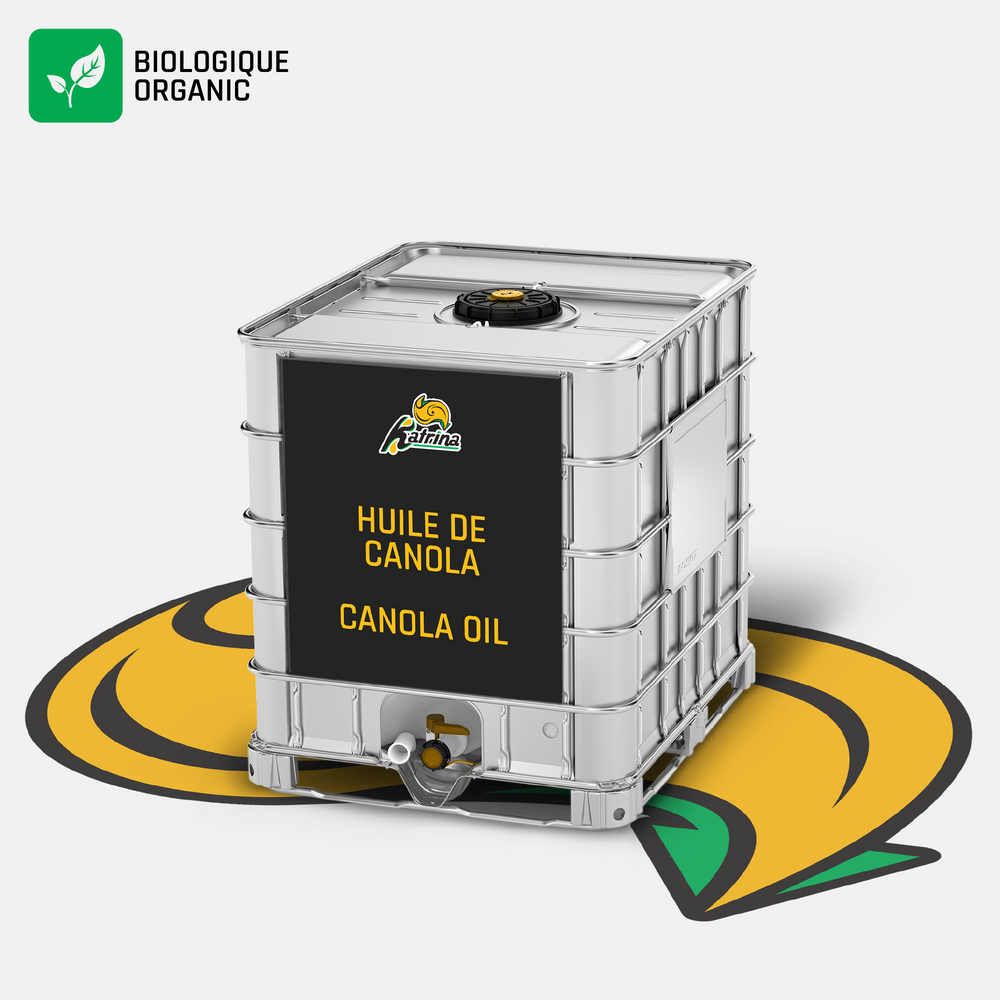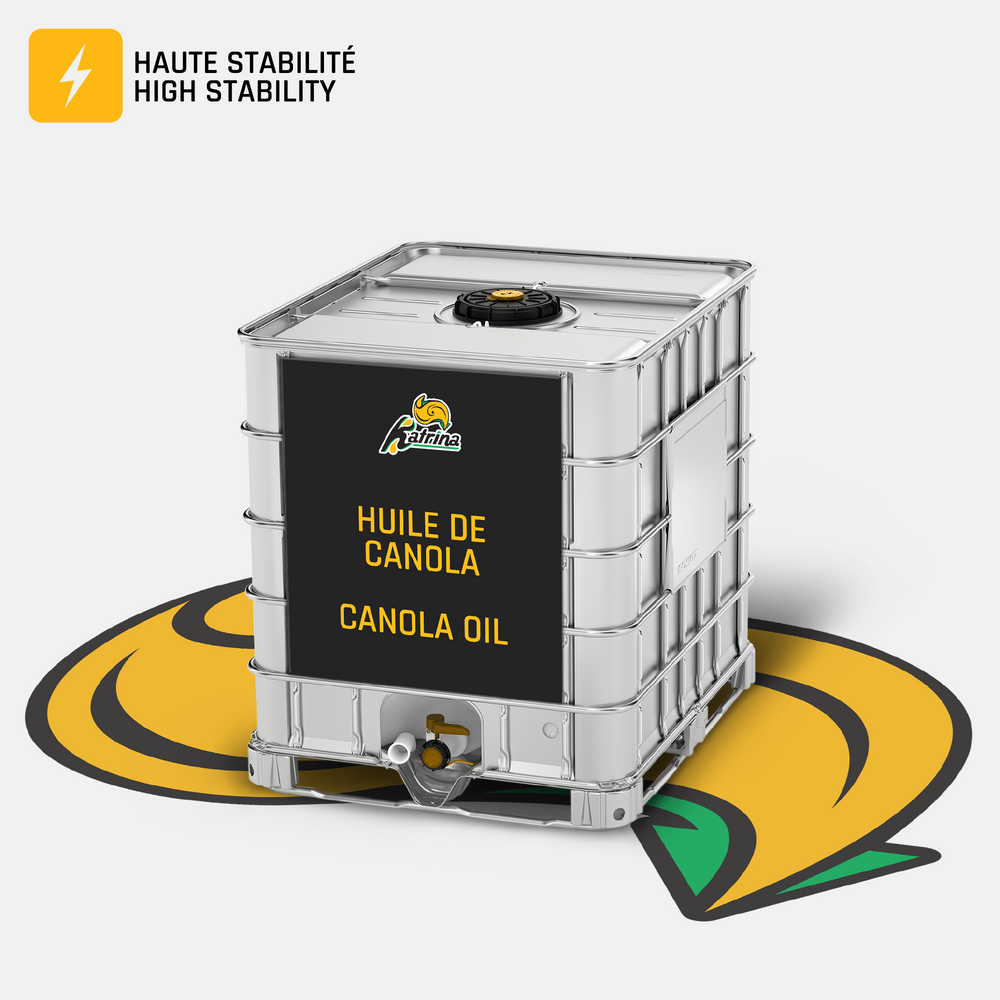Can Canola Oil Go Bad?
Yes, canola oil can go bad over time, just like other cooking oils. Unopened canola oil typically lasts up to two years when stored in a cool, dark place, while an opened bottle is best used within six to twelve months. High-oleic (or high-stability) canola oil lasts even longer due to its composition of monounsaturated fats.
What about expiration dates? These dates are guidelines for peak quality, but canola oil may still be usable past the expiration date if it shows no signs of spoilage. Always inspect the oil before using it.
How to Tell if Canola Oil is Bad
It’s not always obvious when cooking oil goes bad, but there are several indicators of spoilage that you can watch out for.
- Unpleasant odour and taste: A strong "off" smell is one of the most noticeable signs of spoiled oil. Rancid canola oil may smell sour, soapy, metallic, or even like paint.
- Discolouration: Canola oil exposed to light and heat may develop a darker colour over time due to oxidation.
- Change in texture. Rancid oil may feel stickier or more viscous than fresh oil.
These changes occur due to oxidation and hydrolysis, which are chemical processes that degrade the oil’s quality. If your canola oil shows any of these signs, it’s best to discard it.
Is It Safe to Use Expired Canola Oil?
It's safe to use expired canola oil if it shows no signs of rancidity and has been stored properly. Always perform a smell and taste test before use. When in doubt, discard the oil to avoid potential health risks.
What Happens If You Use Rancid Canola Oil?
Rancid oil can negatively affect the flavour of your dishes. You also risk ingesting free radicals, which are harmful compounds linked to cell damage. Though occasional use may not cause immediate harm, it’s better to err on the side of caution.
If you accidentally consume a small amount of expired canola oil, the risk of severe harm is minimal. However, it may cause mild discomfort for individuals with sensitive stomachs. Consult a healthcare provider if you experience prolonged symptoms.
How to Prevent Canola Oil from Going Bad
Store in a Cool, Dark Place
Heat, light, and air accelerate spoilage of canola oil, so don't place containers near stoves and ovens! Always make sure that your bottles are tightly sealed and kept away from sunlight and heat. Read more about proper cooking oil storage in our guide.
Refrigerate When Necessary
Storing your oil in the fridge helps maintain its freshness for a longer time. Canola oil may turn cloudy or form solid white crystals in cold temperatures, but this is temporary and does not impact the quality of the oil. Just make sure to thaw it before use.
–
Canola oil is a versatile and long-lasting cooking oil, but like all oils, it can go bad over time. If you’re looking for a longer-lasting option, consider high-stability canola oil which resists oxidation better than conventional canola oil.
Understanding the shelf life, recognizing the signs of spoilage, and storing it properly can help you make the most of your cooking oil while ensuring your food tastes its best. If unsure, always trust your senses—if the oil smells, tastes, or looks off, it’s time to replace it.
Related articles:
When to Change Frying Oil - Food Safety Tips – Distributions Katrina













